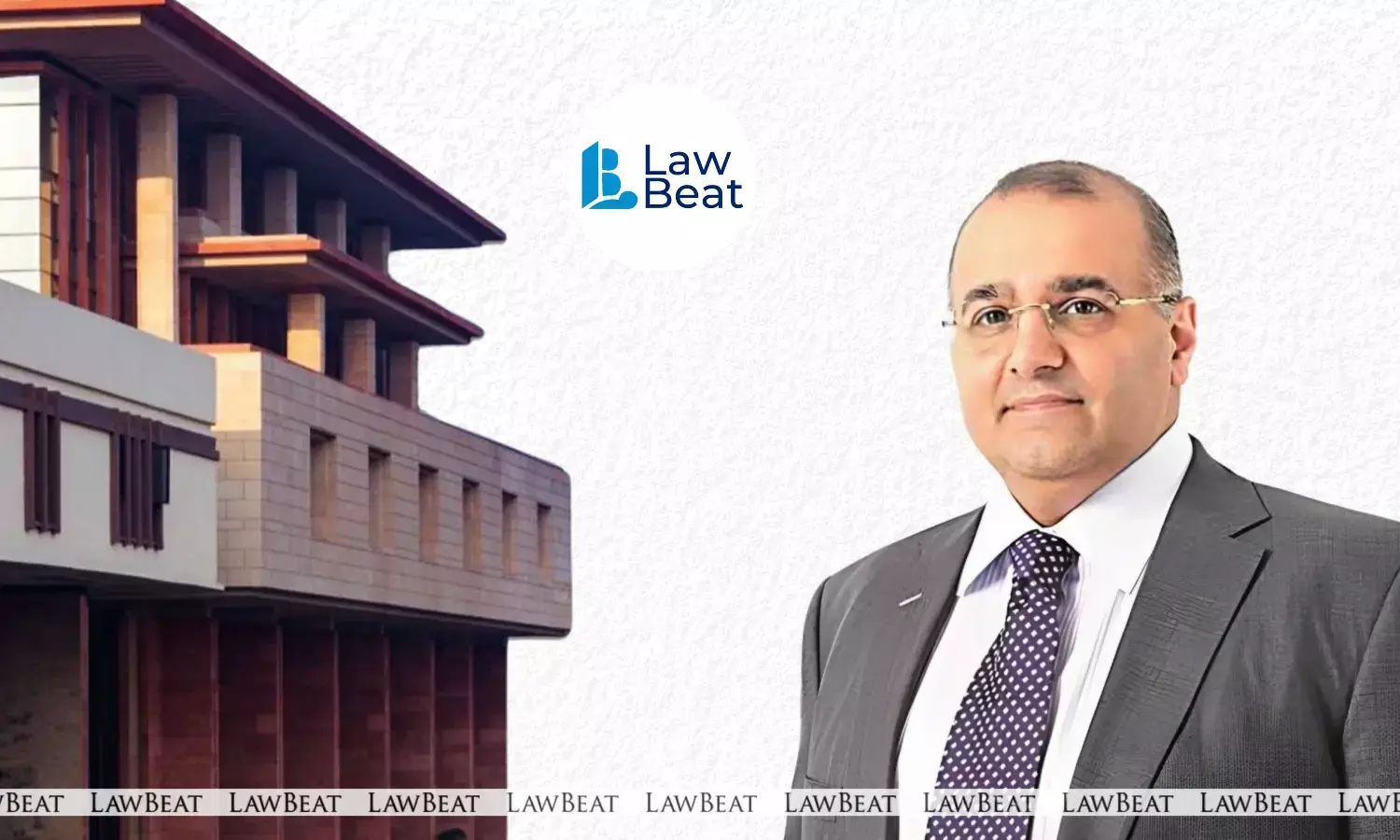Delhi HC Denies Bail to Ex-DHFL Chief Kapil Wadhawan in Rs. 34,926 Crore Bank Fraud Case

The Delhi High Court has recently denied bail to former promoter and ex-chairman-cum-managing director of Dewan Housing Finance Corporation Ltd (DHFL), Kapil Wadhawan, in connection with the Rs 34,926 crore bank fraud case.
Justice Ravinder Dudeja, in a detailed 27-page verdict, said, “The Court cannot permit the release of a person who is prima facie the mastermind of a deep-rooted financial fraud, especially when the trial is at a nascent stage.”
Noting that the material on record prima facie reveals that Wadhawan was at the centre of the conspiracy, the court observed, “The material placed on record prima facie reveals that the applicant, as CMD of DHFL, was at the helm of a conspiracy that resulted in the diversion and misappropriation of approximately Rs 34,926.77 crores from a consortium of 17 banks.”
The ruling was rendered by the court while dealing with Wadhawan’s plea seeking regular bail in a CBI case concerning serious economic offences registered on 20 June 2022.
The FIR, lodged by the CBI on 20 June 2022, invoked Sections 120B read with 409, 420, and 477A of the IPC and Section 13(2) read with 13(1)(d) of the Prevention of Corruption Act, 1988.
The case was registered against DHFL, its promoters Kapil Wadhawan, Dheeraj Wadhawan, and others for entering into a criminal conspiracy to cheat a consortium of 17 banks led by Union Bank of India.
They allegedly induced the banks to sanction loans aggregating Rs 57,242.05 crores and subsequently siphoned off and misappropriated large portions of these funds.DHFL’s books of accounts were allegedly falsified to conceal the fraud. The consortium is said to have suffered a wrongful loss of Rs 34,926.77 crores between January 2010 and December 2019.
According to the investigation, Kapil and Dheeraj Wadhawan, in conspiracy with others, diverted DHFL’s loan proceeds through forgery, cheating, criminal breach of trust, and falsification of accounts. The diversion involved 87 shell companies operated in the names of employees, friends, and associates of the Wadhawan brothers.
It was further discovered that these shell companies received funds without proper documentation, while on paper, the same funds were shown as disbursed to 2,60,315 fictitious retail borrowers. A fake branch, termed ‘Bandra branch-001’, was virtually created in DHFL’s system to execute these transactions.
The court said that the methodical falsification of accounts, creation of fictitious retail borrowers, manipulation of internal software, and maintenance of a separate “Bandra Book” strongly indicate premeditated, systemic fraud.
These acts, if proven, are not merely violations of penal statutes but subvert the very integrity of financial institutions and investor confidence. Such economic offences are not private disputes but public wrongs that corrode the nation’s economic fabric.
"While personal liberty under Article 21 is sacrosanct, it must be balanced against the collective harm caused by white-collar crimes, which undermine public trust in financial systems and regulatory institutions," the court added
Notably, Wadhawan was taken into custody on 19 July 2022 and was granted default statutory bail on 3 December 2022, which was upheld by the Delhi High Court. However, the Supreme Court later cancelled his bail on 24 January 2024.
The court, therefore, noted that the applicant’s effective custody stood at around two years, and not four years as claimed.
Regarding the applicant’s argument on delay in trial and the documentary nature of evidence, the court found it unpersuasive. While delay in trial can be a factor in granting bail, it must be shown that the delay is solely attributable to the prosecution and that the accused has fully cooperated without seeking unwarranted adjournments.
In the present case, the court noted that the delay had also been caused by repeated requests for inspection and interim applications from the applicant’s side, as recorded by the Trial Court on 13 August 2024.
Moreover, the quantum and nature of the evidence, including over 700 witnesses and a large volume of digital data, make it clear that the trial will inevitably be lengthy. This alone, the court said, cannot justify granting bail when the allegations involve fraudulent siphoning of funds on an unprecedented scale.
To prevent further delay, a Special Court has been constituted under the high court’s direction to conduct the trial exclusively on a day-to-day basis. In such a scenario, the court said, any further delay is likely to be curtailed.
“For the reasons stated, and having regard to the nature and seriousness of the allegations, the gravity of the offence, the applicant’s central role in the conspiracy, the potential adverse impact of his release on the trial, and the huge magnitude of the funds siphoned off, this Court finds no merit in the present application,” the court held.
Concluding the judgment, the court said that economic offences of such magnitude not only erode public confidence in the financial system but also corrode the economic foundation of society. It stressed that such crimes demand a firm judicial response rooted in the rule of law and public interest, and held that the applicant had failed to make out a case for bail.
Accordingly, the court dismissed the bail plea.
Case Title: Kapil Wadhawan v. Central Bureau of Investigation
Date of Judgment: August 4, 2025
Bench: Justice Ravinder Dudeja
